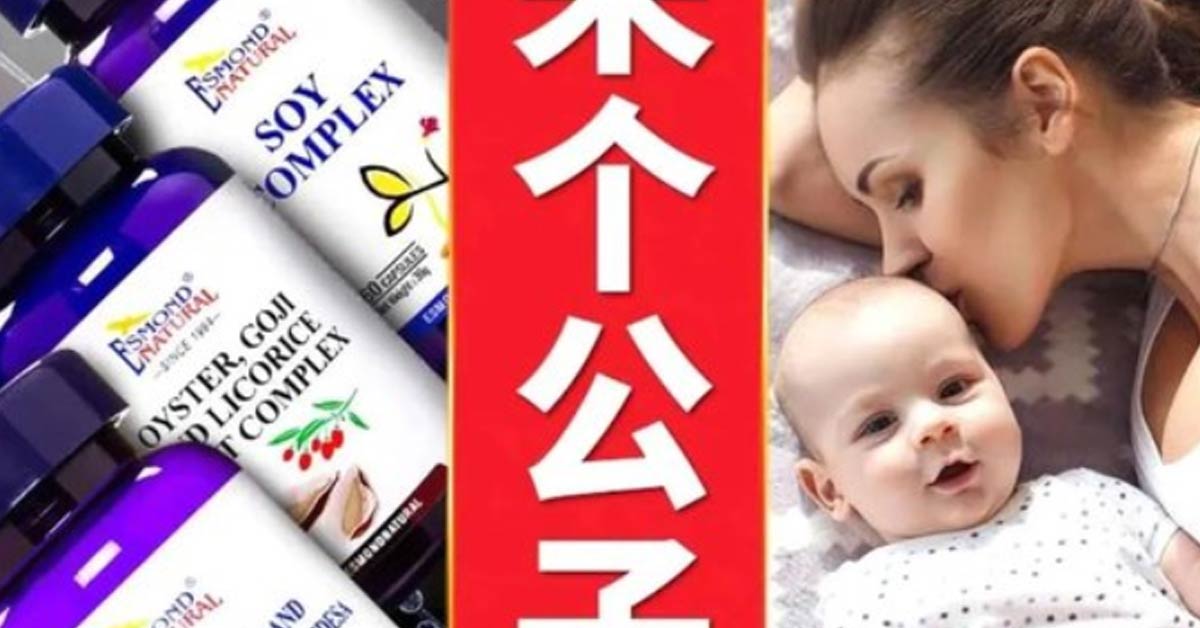
[ad_1]
“She is a daughter again. I had a daughter last year, but this time I was pregnant with a girl again. I ate 转 胎 药 (Zhao Taiiao) to give birth to a son, my family’s dream.”
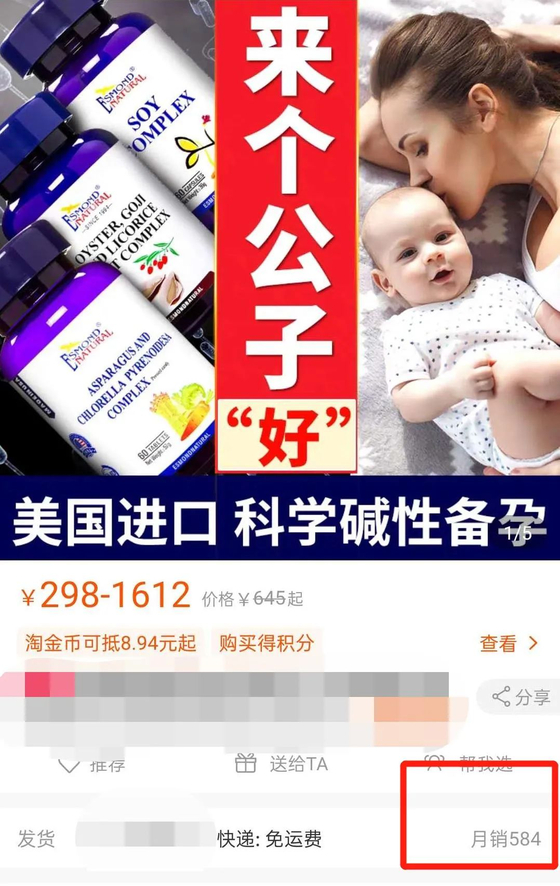
‘Child-raising medicine’ sold in large online shopping malls in China. The price ranges from 300 to 2,000 yuan (about 54,000 to 360,000 won). Ⓒ Website capture
转 胎 药 (Zhao Taiyao), also known as ‘the medicine that gives birth to a son’. There is a myth that taking the drug can change the sex of the fetus in the pregnant woman’s womb. The myth about the drug, which had been illegally distributed in the 2000s, still surfaced in 2020.
A woman in the fifth month of pregnancy in Henan province took the drug under the duress of her mother-in-law. I managed to give birth to a son, but something was strange. The test revealed that the child was a woman. The boy’s clitoris was deformed and enlarged, making it look like a male genitalia.
Of course, there is no scientific basis for the drug and it has no real effect. It is absolutely impossible to fundamentally change chromosomal genes.
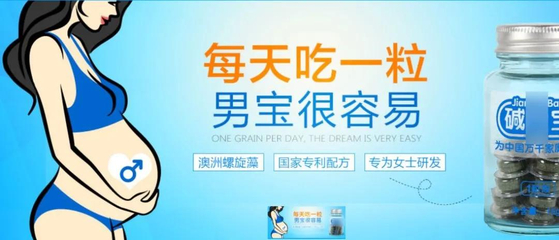
Ⓒ Baidu image
This drug is a component of “methyl testosterone” and is the same as the male hormone testosterone. Clinically used to treat male hormone deficiency, it is a drug that increases the ability to secrete male hormones.
When women take this ingredient, it causes numerous side effects such as beard growth, voice changes, menstrual irregularities, and clitoral enlargement. When exposed to large amounts of methyl testosterone in the embryonic stage, the fetus’ clitoris becomes deformed and enlarged, making it look like a male penis.
It is fatal to both the child and the mother. In the medical community, it is enough to advertise that it is not recommended for women.
‘The medicine that gives birth to a son’, the transformed desire behind it
Some pregnant women know that there is no scientific basis for the drug. However, it is swept up in an unproven pervasive “success story.” In fact, the internet cafes most visited by pregnant women are filled with articles on hundreds of ways to have a child from the last days of taking medication and having a child.
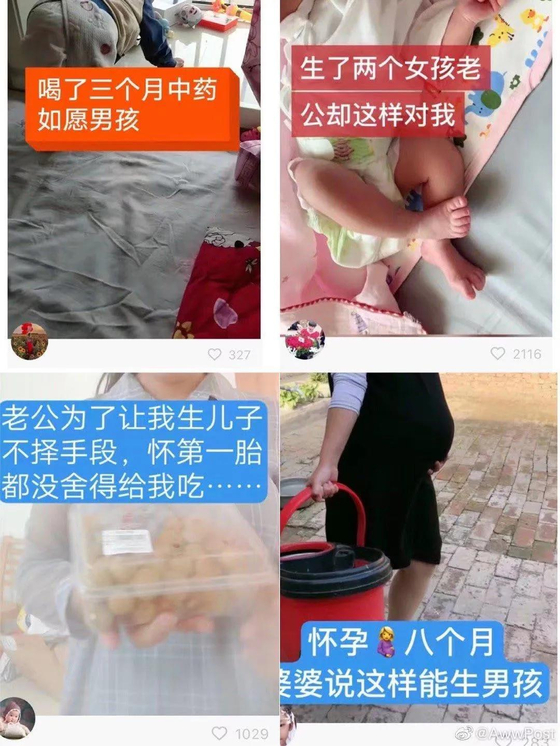
It is full of stories about the discriminatory treatment of daughters and sons and the secrets of giving birth to a son. App capture
After giving birth to a daughter, the husband said nothing, but the mother-in-law blamed herself for crying every day, as well as a statement that she had already given birth to three children to give birth to a boy. .
China’s preference for children still exists
With the implementation of China’s “one child policy” in the 1980s, the gender ratio began to become unbalanced. The number of boys for every 100 girls born in 1990 increased to 111.3 and in 2004 to 121.18.
In 2014, 116 children were born out of 100 opposition parties. The normal sex ratio at birth is based on 103-107 people. The Chinese government abolished the one-child policy in 2015 with a plan to reduce the gender ratio from 115 to 100.
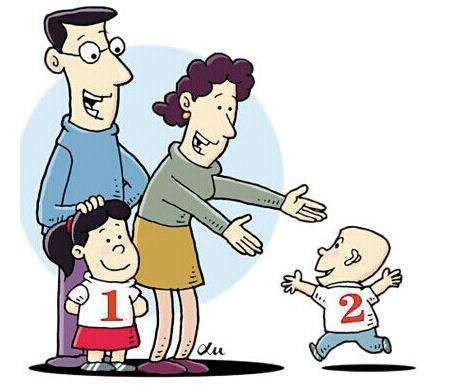
Ⓒ Baidu image
What if the one-child policy was abolished? According to the sixth demographic survey conducted in 2010, there were nearly 32 million more male babies than female babies, and in 2019, the sex ratio of children aged 0-4 in China was 113.62.
China’s idea of a preference for children is explained by several reasons. In China, where an agricultural society has been maintained since ancient times, physical strength was required and children were preferred, and the patriarchal way of thinking that has been passed down for thousands of years played a role in this.
In modern society, it was found that the financial support that parents receive from their children after the marriage of their children is greatly affected by the gender of the child. This is one of the reasons why Chinese parents prefer male children.
The biggest victims are children
Children born after exposure to drugs can face a variety of malformations, even if they survive. A child who has grown up as a child all his life develops breasts and menstruation begins. Even the teeth cannot discharge normally, which can lead to problems such as blood loss. They must undergo painful surgery to live a normal life.
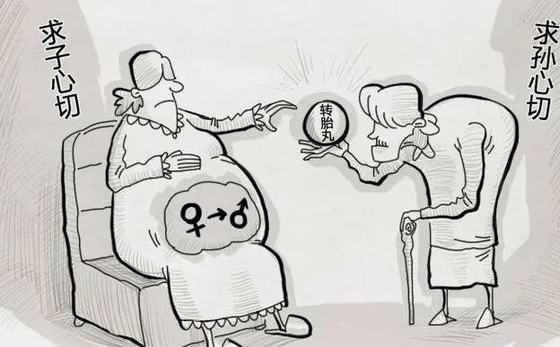
Ⓒ Baidu image
However, mental wounds cannot be healed for life. Faced with the disagreement between the social and physical genders, social and psychological pressures and conflicts arise.
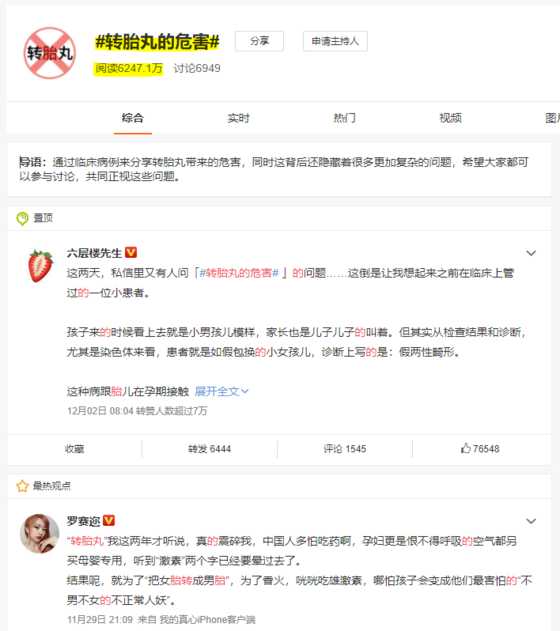
Netizens debate about the?胎 丸 的 危害 (the dangers of Zhuang Taiwan). ⒸCapture home page
Meanwhile, on Weibo, China, the hashtag # 转 胎 丸 的 危害 (The Danger of Zhuang Taiwan) is popular. There is a growing voice of criticism, such as discussing the dangers and side effects of drugs with the corresponding hashtag.
[ad_2]